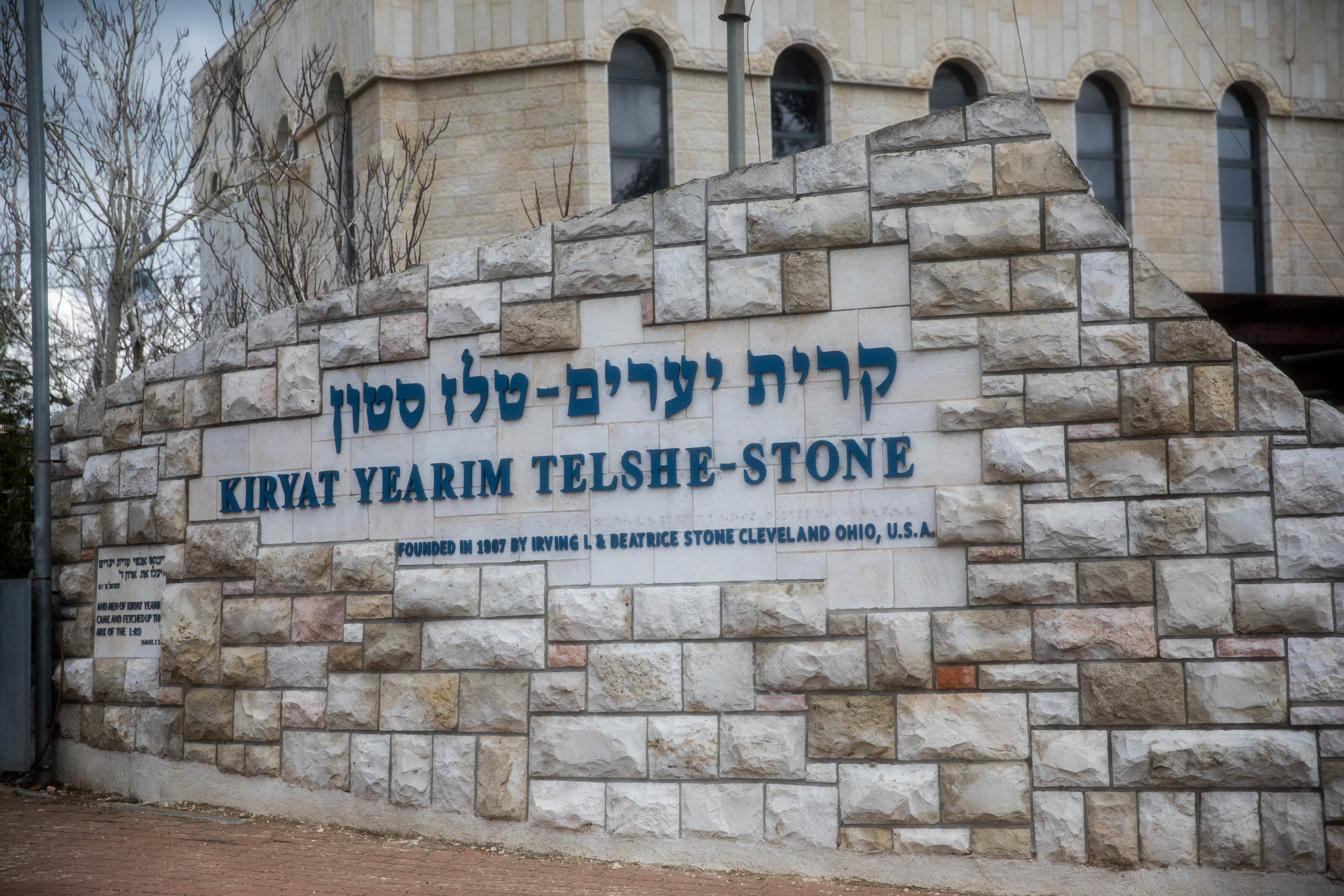Telzstone’s Twin City Deal with Telšiai Evokes Outcry
Can a place like Telšiai, with such a heavy past, be a partner in Jewish heritage efforts without addressing the wrongs committed there? Should Jewish communities focus on building bridges or hold onto the raw truth of their pain? Ravitz may have hoped to foster connection, but for many, the agreement overlooks wounds that haven’t healed.

Yesterday, on the eve of Holocaust Remembrance Day, the Kiryat Yearim (Telzstone) council signed a twin cities agreement with the municipality of Telšiai, Lithuania, a town known for its rich Jewish past but also for the horrors of the Holocaust that took place there. The ceremony, which received significant media attention and publicity, made people furious due to both its necessity and purpose, as well as its unfortunate timing, occurring on the eve of Holocaust Remembrance Day.
The head of the council, Rabbi Yitzhak Ravitz, spoke at the event, stating, among other things, that “there is a deep emotional connection between all the residents of Telzstone and the residents of Telšiai.”
A resident of the community, who chose to remain anonymous, sent a heartfelt and pained response, expressing shock at the agreement, particularly given the timing of its signing, on the eve of Holocaust Remembrance Day. This is what he wrote:
“When I read [the council head’s] words, I was reminded of the horrific accounts of the Holocaust in the town of Telšiai. Most of the Jewish community was annihilated, not by the Nazis, may their name be erased, but by their Lithuanian collaborators… Yes, those same neighbors, the residents of the town of Telšiai, with whom Yitzhak Ravitz claims to have a deep emotional connection, were the ones who tortured, abused, slaughtered, and murdered the Jews of the town and the students of the yeshiva, in ways that surpassed even their Nazi ‘mentors,’ may their name be erased.
The accounts of the local Lithuanians’ actions are hair raising. The cruelty, the malice, the sadistic pleasure those evildoers took in the pain and humiliation of the Jews: ‘the very mention of it makes the soul tremble.’
Those terms and memories, etched in the blood of the victims: ‘the terrible Friday,’ ‘the devil’s dance,’ ‘the shooting pits’; the cold blooded execution of our brothers and relatives after they were forced to dig their own graves with their own hands.
The final words of one of the town’s residents, standing at the gates of a cruel death, still echo in the world, crying out for vengeance against those murderers.
‘The voice of our brothers’ blood cries out to us from the ground!’ We must protest for their honor and not desecrate the memory of the holy martyrs. Do we truly have a deep emotional connection with those people? With the descendants of those murderers? Has the speaker forgotten who the ancestors of those who welcomed the delegation today with smiles are?
By what right does he speak these words in the name of the residents of Telzstone and the people of Israel, who feel deep revulsion at these empty words, who feel profound pain when recalling the town of Telšiai and the glory of the yeshiva that was there, which barbarians came and desecrated?
The Song of Ha’azinu concludes with a plea and supplication to the Creator of the world, that He have mercy on our lowliness and show compassion for the remnant of the exiles, ‘Sing, O nations, with His people, for He will avenge the blood of His servants, and render vengeance to His adversaries, and make atonement for His land and His people.’”